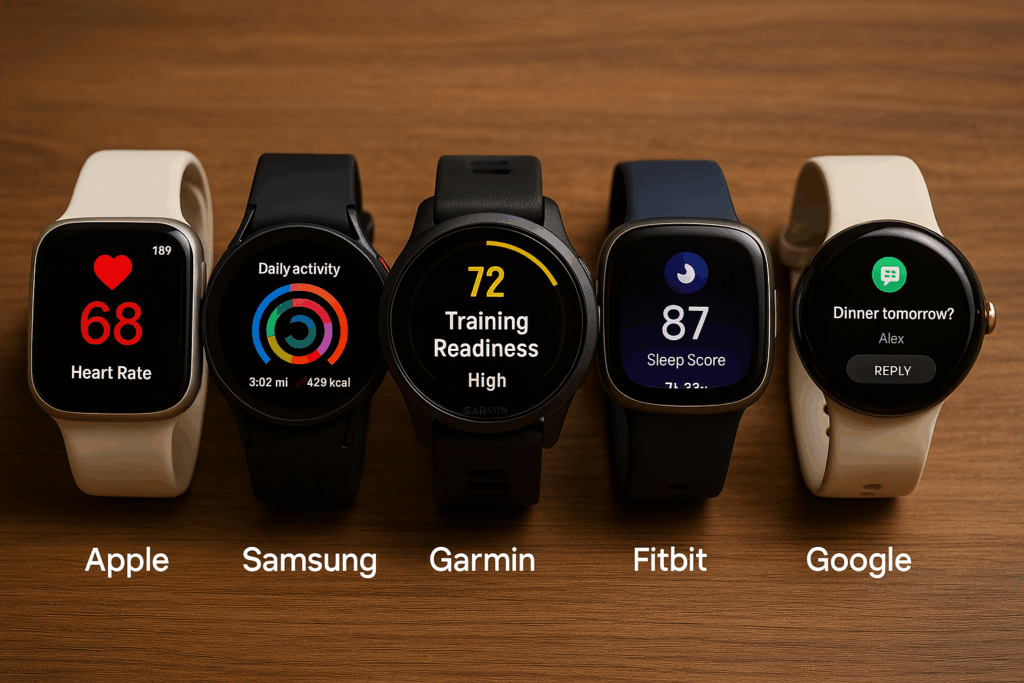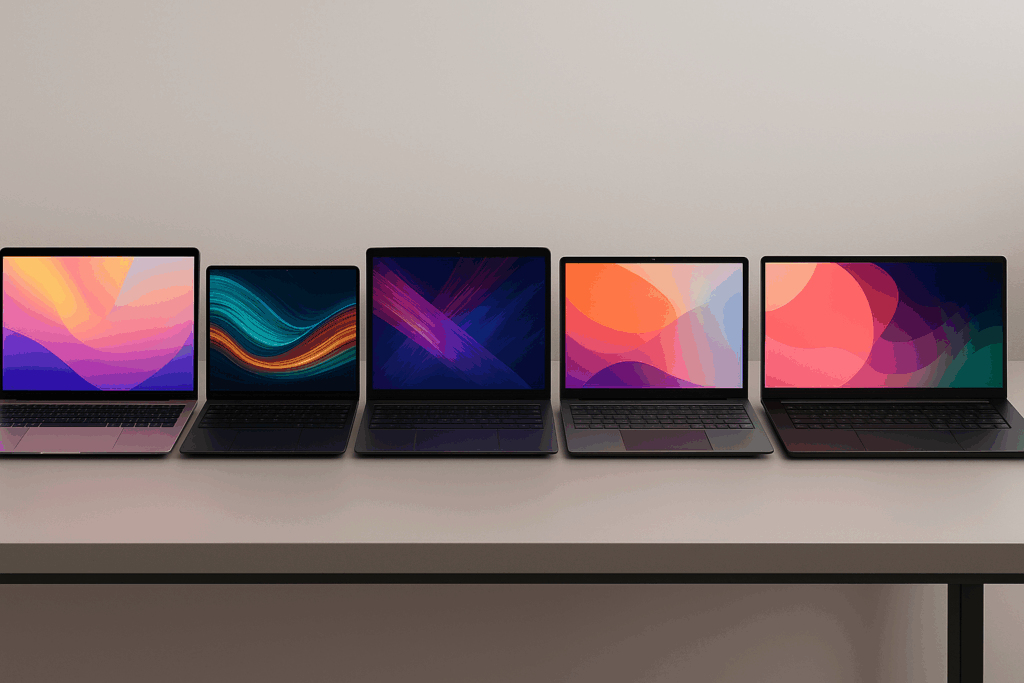What is the Top 10 Technology Today in 2025?
Technology continues to evolve at a breathtaking pace, shaping nearly every aspect of how we live, work, and interact. In 2025, several key technologies stand out not just because they are new, but because they are transforming industries, enhancing daily life, and offering solutions to complex challenges. Here’s a look at the top 10 technologies today that are making the biggest impact based on current trends, expert analyses, and real-world applications.
1. Generative AI
Generative AI leads the way as the most talked-about tech trend in 2025. These systems create sophisticated content—texts, images, audio, and simulations—that feel remarkably human. Businesses use generative AI to automate design, enhance creative processes, and personalize customer experiences. Despite its power, the technology invites ongoing conversations about ethics, bias, and responsible use.
2. Quantum Computing
Still emerging but rapidly advancing, quantum computing promises to solve problems classical computers can’t handle efficiently. Applications include cryptography, drug discovery, and complex simulations. Although quantum hardware is delicate and challenging, organizations are already piloting projects that hint at a major shift in computing power within the next few years.
3. 5G Expansion
The continued rollout of 5G networks underpins much of today’s tech innovation. With ultra-fast speeds and low latency, 5G enables real-time data processing essential for Internet of Things (IoT) devices, autonomous vehicles, and augmented reality applications.
4. Virtual Reality (VR) 2.0
Enhanced VR technologies offer more immersive and realistic experiences, no longer confined to gaming. VR finds uses in training, therapy, remote work, and entertainment, with improved hardware making it accessible to a broader audience.
5. Augmented Reality (AR)
AR technology overlays digital information onto the real world, enriching user interactions. From retail and education to industrial maintenance, AR devices and applications are making environments smarter and more interactive.
6. Internet of Things (IoT)
IoT connects billions of devices, generating data used for smarter cities, energy management, and health monitoring. Its ability to analyze and automate systems impacts everyday life through smart homes, transportation, and industry.
7. Biotechnology in Agriculture
Innovations in biotechnology—including gene editing tools like CRISPR are revolutionizing agriculture. Developing resilient crops that withstand drought and pests is crucial in addressing food security against climate change challenges.
8. Autonomous Vehicles
Driverless cars and automated transport systems are progressing steadily. While full autonomy is still a work in progress, partial-autonomous features improve safety, traffic flow, and reduce emissions.
9. Blockchain
Beyond cryptocurrencies, blockchain provides transparency and security for supply chains, voting systems, and medical records. Its tamper-proof nature is gaining trust in industries demanding verifiable data integrity.
10. Edge Computing
Edge computing processes data closer to where it’s generated rather than relying solely on centralized cloud systems. This reduces latency and bandwidth use, supporting sectors like autonomous driving, remote healthcare, and industrial IoT.
These technologies are interconnected, often building on one another to unlock new potentials. While some sound futuristic, many you interact with daily—whether knowingly or not. The common thread is their transformative power to enhance efficiency, security, sustainability, and human experience.
As we look forward, staying curious about how these technologies develop—and how they impact society is crucial. The landscape will keep shifting, but these top 10 represent the forefront of innovation in 2025.

